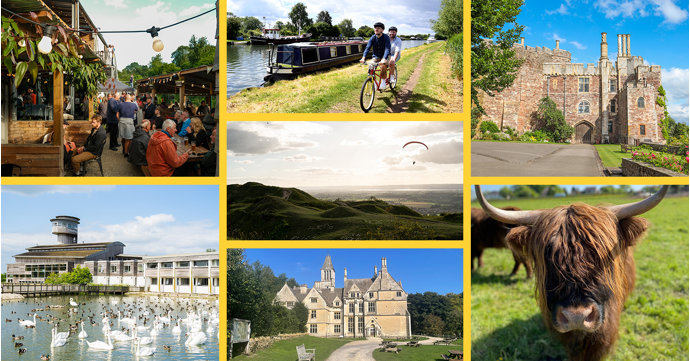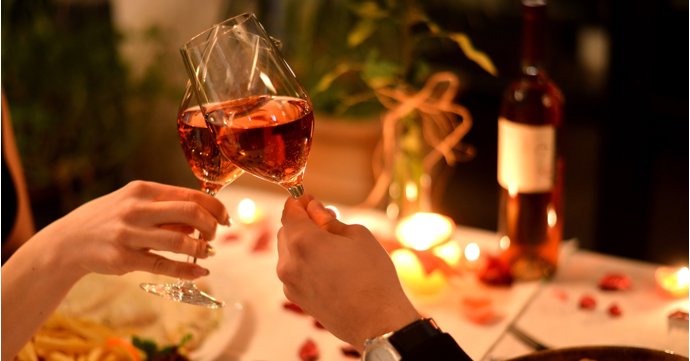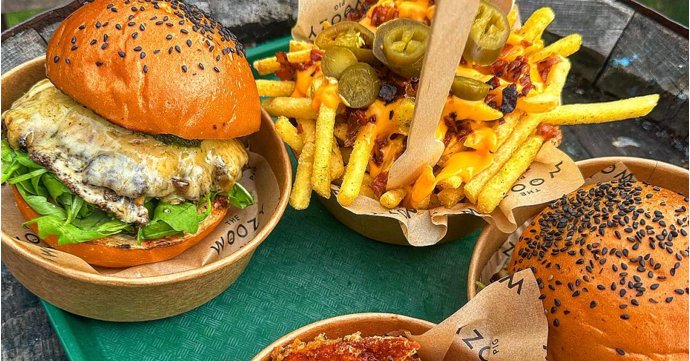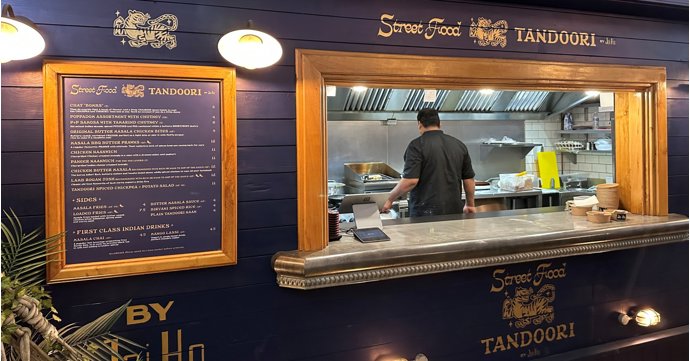A family owned boutique vineyard located in the South Cotswolds, Woodchester Valley has gone from strength to strength since its first vines were planted in 2007.
The winery now has three vineyard sites in the Stroud Valleys, located in Amberley, Woodchester and Doverow Hill, and produces sparkling, white, red and rosé varieties which are making a big impression in the world of English wine.
SoGlos chats to Woodchester Valley’s founder Fiona Shiner, and its winemaker Jeremy Mount, to find out more about English wine, how climate dramatically affects production, and tips on choosing a good bottle.
For more information, visit woodchestervalleyvineyard.co.uk directly.
Do you think people’s perceptions of English wine has changed?
Fiona: For English sparkling wine, the reputation has been established for some time and we get very good recognition for it internationally. The English still wines are catching up but there’s a lot of interest around them.
People are also recognising that English wines are generally small production so they’re not mass produced. There’s much more personal input by the winemakers to make the best possible wines from the fruit they get.
How does weather affect production?
Fiona: I think most people would say that the harvest of 2018 was a bumper year for English vineyards. It’s a combination of the extremely hot weather we had, the conditions at flowering time were excellent for pollination so we had plenty of yield, and there were no late spring frosts.
In terms of production that means that the bottles produced from 2018 are estimated at 15.6 million in the UK wine industry compared with the 2017 harvest which was six million.
Our yield was a third up on what thought. We were estimating about 100 tonnes of grapes and we actually picked 170 tonnes. And we had lovely ripe grapes because of the wonderful summer.
Are the characteristics of English wine different to other European and New World wines?
Jeremy: Due to the cooler climate, the fruit can be very fresh and clean in English wines. They generally have slightly more acidity so they are fresher and the aromas can be more prominent. They are also lighter bodied in style.
Fiona: The fruit on our vines has to hang for much longer than in a hot climate. We start at not dissimilar times in the season but our harvest is a good six weeks later than those in hot climates. The extra time spent on the vine helps to increase the flavour of the grapes.
Are there any grape varieties that we should have on our radar?
Fiona: Bacchus is good if you’re looking for still white wine with crisp fruit and Sauvignon characteristics. We make a lot of Bacchus and in the UK, it’s become a very popular grape variety to grow. It’s often referred to as England’s Sauvignon Blanc.
Where should novices start when choosing a wine?
Fiona: When you’re looking at the bottle, very often if it’s entered into a competition it will have a medal on it. Look to see if it’s been awarded any medals in competitions and that will give you a good indication of standard.
Everyone’s taste is completely different so I would recommend to come and do a wine tasting. If you’ve never tried English wine, go and taste the wines and see which appeal to your own palate, because everyone will be different.
We do about six tours and tastings at our cellar door during the week. We find that when people come here, they have a positive experience and are surprised by the quality of the wines.
Is price indicative of quality?
Jeremy: It’s a bit of a grey area because quite often you might be paying 50 per cent of the price for the label, which is something that happens all around the world. In England it’s not quite at that point yet. You do have to pay more for good quality wines. Quite often the reason they are high in price is because they are in high demand.
How do you see the English wine industry developing?
Jeremy: It’s going from strength to strength at the moment thanks to increased interest in still wines, and the ability to produce better quality still white wines. It’s now beginning with reds.
Is it a challenge to get pubs and restaurants to be more open to English wines?
Fiona: Yes, that’s a very big challenge. I think what is nice is that there are wide range of Gloucestershire pubs and restaurants that want to focus on local, which makes them more pro to having an English wine on the menu.
For more information, visit woodchestervalleyvineyard.co.uk directly.


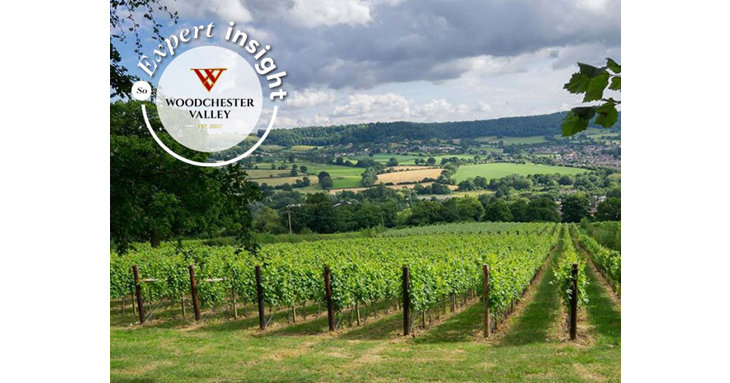
.jpg?width=690&height=361&rmode=pad&bgcolor=ffffff&quality=85)
